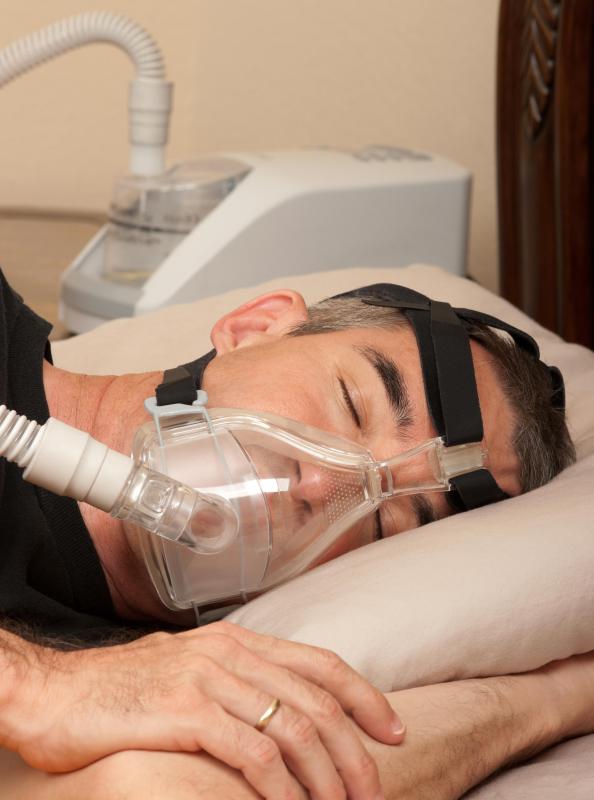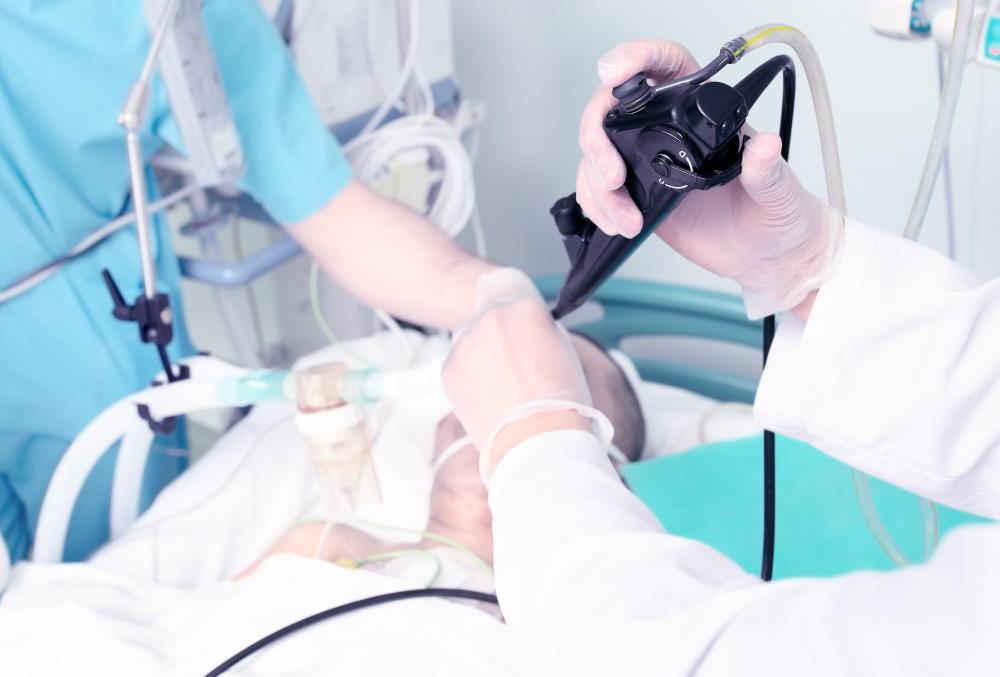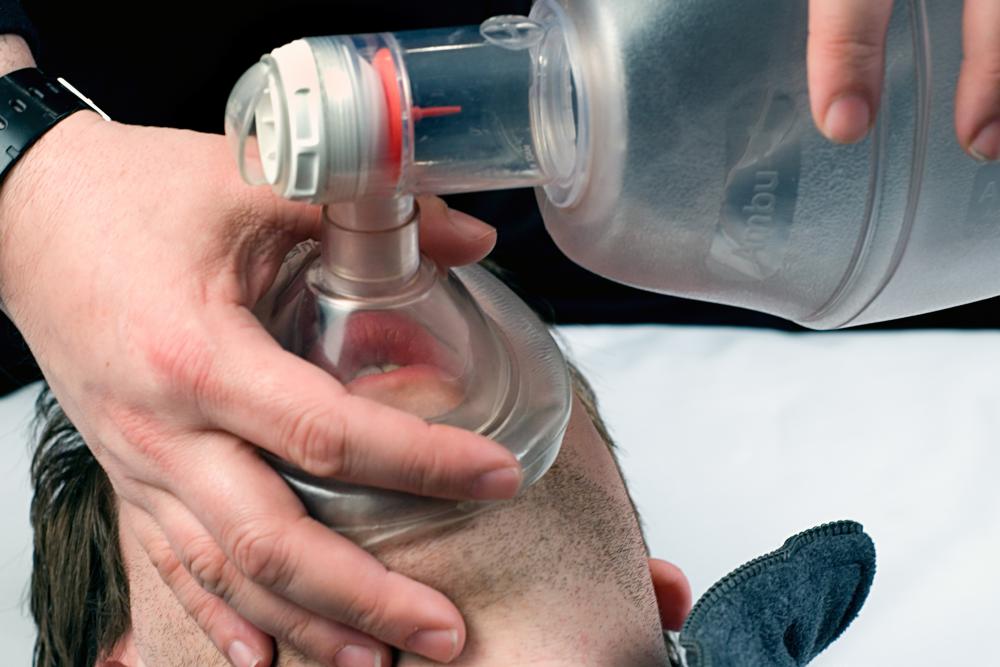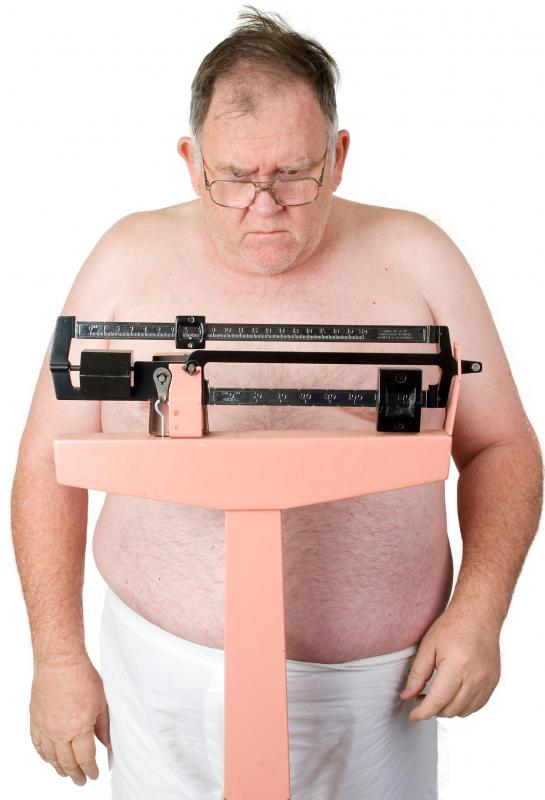At PracticalAdultInsights, we're committed to delivering accurate, trustworthy information. Our expert-authored content is rigorously fact-checked and sourced from credible authorities. Discover how we uphold the highest standards in providing you with reliable knowledge.
What do Respiratory Specialists do?
Respiratory specialists are health care professionals who focus on providing care to people with pulmonary conditions. Both doctors and nurses can work as these types of specialists, as can technicians who are trained to perform certain types of procedures, including diagnostic tests used to collect information about respiratory conditions. In order to work as a respiratory specialist, it is usually necessary to complete basic medical training, followed by advanced training in the management of pulmonary conditions.
Many hospitals retain respiratory specialists on their staff to assist patients who are experiencing respiratory problems. Respiratory complications are common among patients in intensive care and patients with certain chronic conditions. Hospitalization can exacerbate respiratory problems as patients feel stressed, and a respiratory specialist can be part of the care team working to keep the patient as healthy as possible. If a patient is hospitalized specifically for a respiratory complaint such as asthma, the specialist may be the lead doctor on the patient's team.

Other respiratory specialists may work in standalone clinics. It is also not uncommon to see sleep clinics working with these types of specialists, since some sleep disorders are related to apnea and other breathing problems, in which case they can help identify a patient's specific condition and make treatment recommendations. People may be referred to such specialists, or seek appointments on their own, depending on their situation.

Respiratory specialists can be involved in the assessment of a patient who presents with a respiratory problem. They may conduct a patient interview, perform some lung function tests to learn more about the patient, and order medical imaging studies to get a look inside the patient's lungs. With this information, respiratory specialists can make treatment recommendations, including both short and long term plans for management of respiratory conditions. Treatments can include the use of devices such as CPAP machines for apnea, or the administration of medications to manage respiratory function.

These medical professionals can provide care for acute and chronic conditions. They can also manage patients while they are hospitalized, monitoring their lung function and providing interventions if they become necessary or are deemed appropriate. Respiratory specialists also commonly stop by to visit with patients after surgery, since the intubation and delivery of anesthesia sometimes cause respiratory complications. The specialist assesses lung function, gives the patient some advice on monitoring and improving lung function, and makes sure to document any findings for the patient's file.
AS FEATURED ON:
AS FEATURED ON:



















Discussion Comments
I get night sweats around my neck area, also after eating spicy foods and sometimes hot food, such as soup.
@SZapper - I think you're going to get a lot out of your visit with the respiratory specialist. Most of them really know their stuff! One of my good friends got respiratory therapy for her sleep apnea a few years ago and she is always raving about how great her therapist was.
@lonelygod - I have an appointment with a respiratory therapist next week. After reading this article and your comment I'm really looking forward to it. I can't wait to get my asthma under control a little better.
Right now I just use a rescue inhaler but I know there are other options for long term asthma control. I think the respiratory therapist is really going to help a lot, because right now I really don't know what all my options are.
Becoming a respiratory specialist can be a rewarding career for those who want to unique niche in the healthcare field. Often these specialists only have an associate’s degree, although there are preferred bachelor's degrees in the field. In most areas the respiratory specialist must also pass a certification exam.
The salary is quite good for a respiratory specialist especially considering the job can be had with just two years of post-secondary work. It averages around $57,000 USD a year on the low end and goes up depending on experience and who you are working for. It has been reported that working in with the government is more lucrative than private clinics.
If you have asthma and it is out of control seeing a respiratory specialist is one of the best things that can happen to you. When I was younger, my family doctor game me some general puffers and they helped a bit, but I still got the more severe attacks.
After this went on for a few years, I finally got to see a respiratory specialist after a period of time spent in the hospital.
The respiratory specialist changed my medication and set out a guideline of what I could do to improve my home environment, so as not to trigger attacks. I also had allergies, and didn't realize how badly much they could impact my asthma.
Post your comments